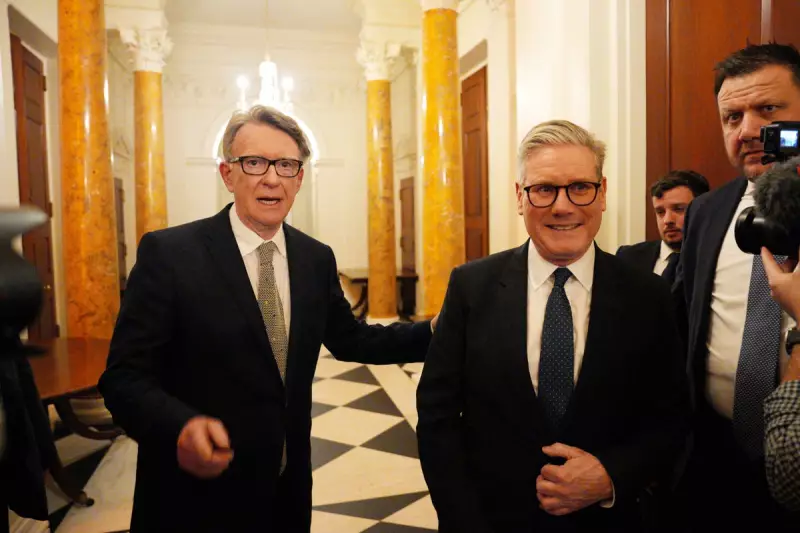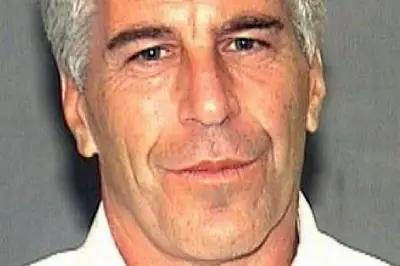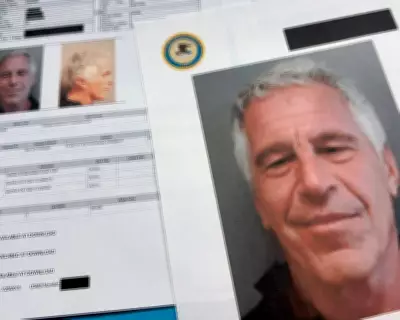
In a stunning revelation that has sent shockwaves through Westminster, it has emerged that Labour grandee Peter Mandelson privately advised Sir Keir Starmer to consider appointing a former US diplomat with connections to disgraced financier Jeffrey Epstein as Britain's ambassador to Washington.
The Controversial Recommendation
According to confidential sources, Lord Mandelson urged the Labour leader to contemplate Tom Nides, a former deputy secretary of state under President Barack Obama, for the crucial diplomatic posting. Nides previously served as a senior advisor to Bill Clinton and currently holds a position as vice chairman at Morgan Stanley.
The recommendation becomes particularly controversial given Nides' acknowledged social connections to Epstein, the convicted sex offender who died in prison while awaiting trial on sex trafficking charges.
Nides' Epstein Connections
Documents from a 2015 court case reveal that Nides admitted to multiple social encounters with Epstein, though he maintained these were incidental rather than indicative of a close relationship. In sworn testimony, Nides stated he had been to Epstein's home "a handful" of times and described the meetings as social gatherings where he encountered other prominent figures.
When questioned about whether he had ever flown on Epstein's private jet, Nides responded: "I don't believe so, no."
Political Fallout and Labour's Response
The revelation comes at a sensitive time for Starmer's Labour Party, which has been working to distance itself from past controversies and present a clean image to voters. Opposition parties have seized on the information, questioning the judgment behind considering a figure with such controversial associations for one of Britain's most important diplomatic roles.
Labour sources have been quick to downplay the significance of Mandelson's suggestion, emphasising that it was merely one of many recommendations received and that no formal offer was ever extended to Nides. A party spokesperson stated: "We receive advice from many quarters, but all appointments are made through proper processes and with thorough due diligence."
Broader Implications
This development raises important questions about:
- The influence of political grandees on modern Labour Party decision-making
- The vetting processes for potential diplomatic appointments
- How political parties navigate associations with controversial figures
- The ongoing shadow cast by the Epstein scandal on global politics
As Labour positions itself as the government-in-waiting, this episode serves as a reminder of the challenges parties face in balancing experienced advice with the need to maintain impeccable standards in public appointments.





